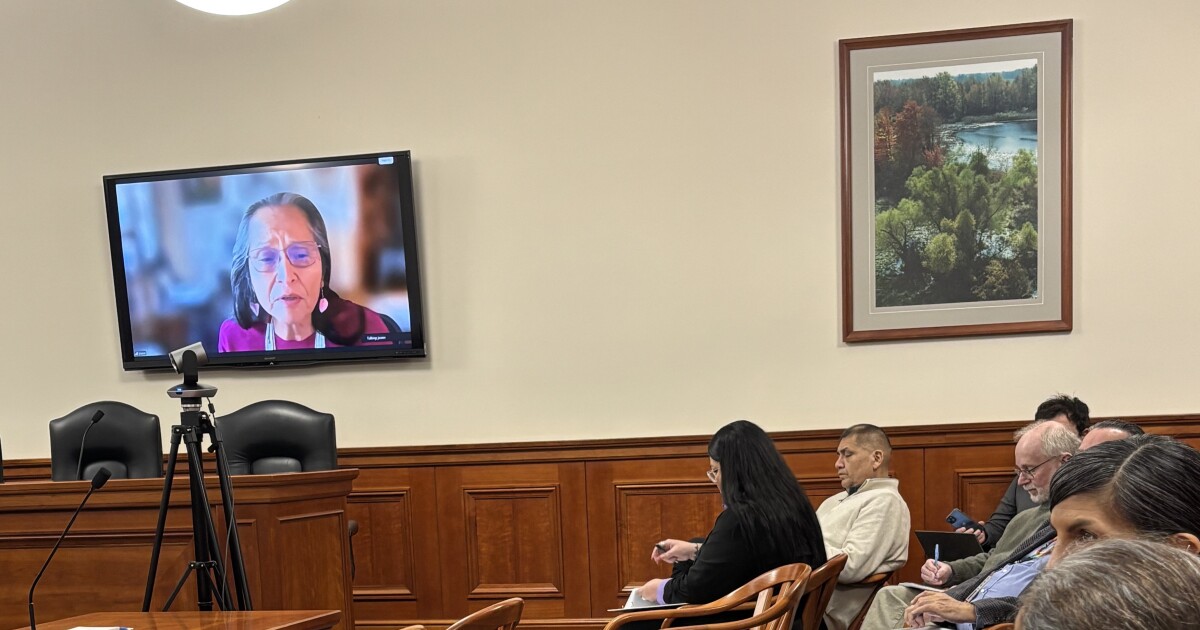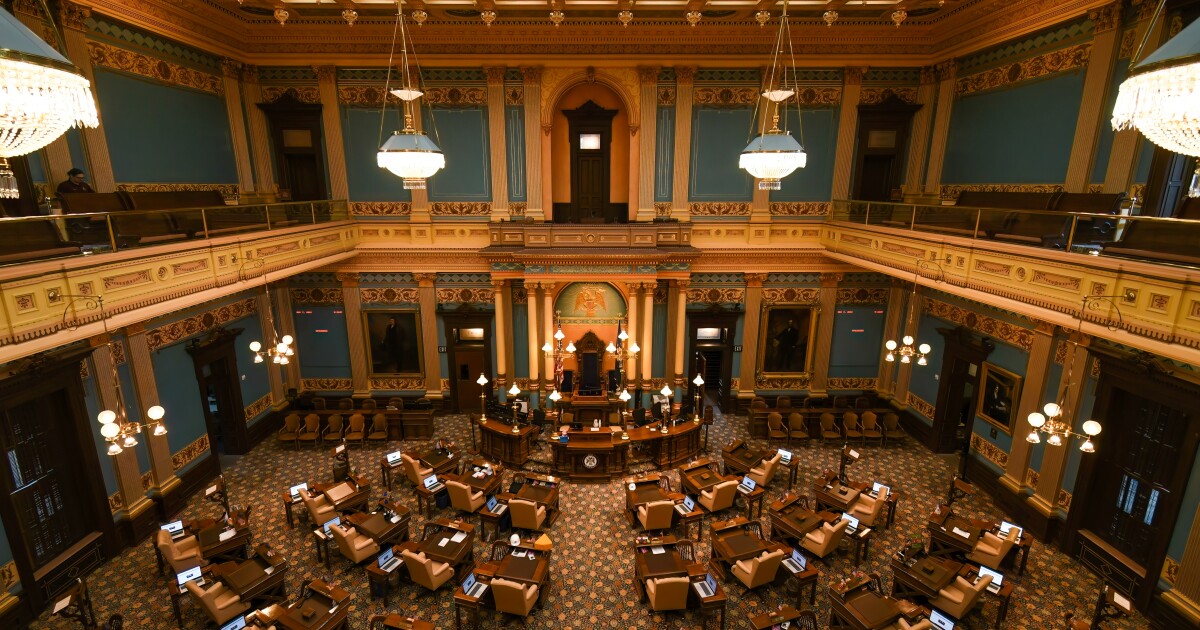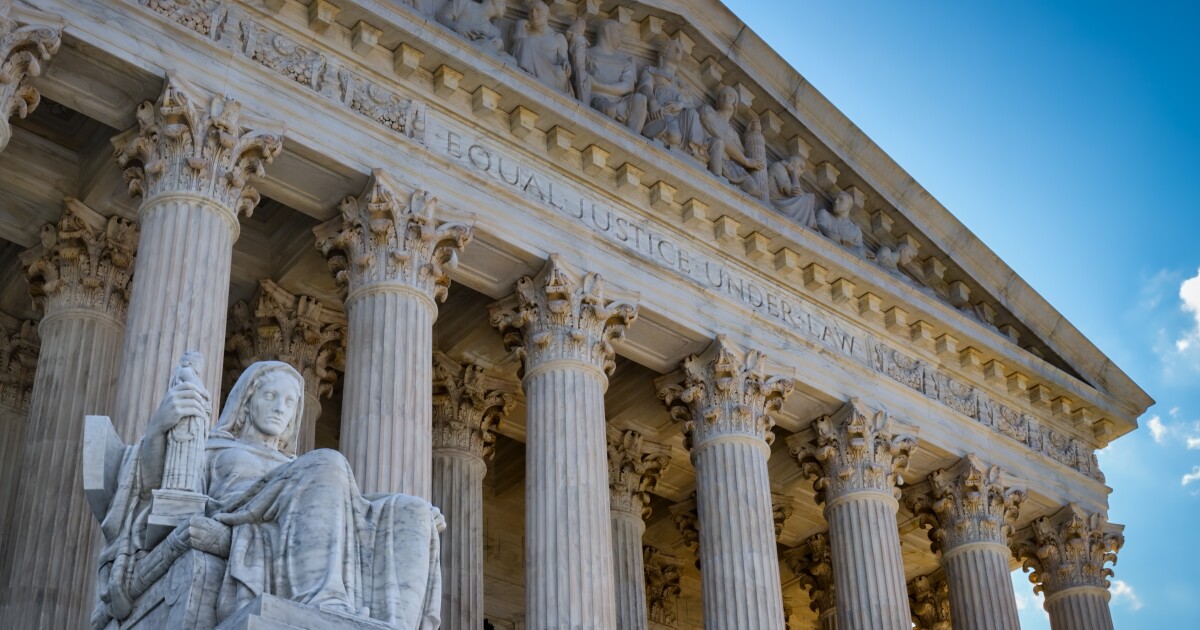In a contentious legal battle that unfolded on Tuesday, a dispute over the fate of nine contentious bills from the last Michigan legislative session reached the state Court of Appeals. The clash pits the Senate Democrats against the House Republicans, with both sides arguing over the procedural handling of these bills.
The crux of the lawsuit involves the Senate Democratic majority’s attempt to compel the House GOP majority to forward the bills to Governor Gretchen Whitmer for approval or veto. These bills cover a range of issues, including allowing Detroit historical museums to seek regional property tax millages, integrating corrections officers into the Michigan State Police pension system, increasing local government contributions towards employee health care costs, and preventing debt collectors from garnishing public assistance payments.
The legal debate centers on whether the Michigan House is obligated to send these approved bills to the governor following their adoption by both legislative chambers. This question arose after the Democrats handed over control to the Republicans, leaving the transmission of the bills to the governor as unfinished business.
Mark Brewer, representing the Senate Democrats, accused the House GOP leadership of a constitutional violation by withholding the bills. According to Brewer, the Michigan Constitution mandates that all adopted bills must be forwarded to the governor, stating, “They insist that there’s no deadline, that this duty is completely unenforceable, that it’s simply up to the Legislature to decide. That would cause chaos and other problems.”
Brewer emphasized that the clerks’ responsibility to send bills to the governor is not discretionary, regardless of the adjournment of the previous legislative session before this task was completed. He argued that this procedural lapse should not impede the bills’ progress.
Meanwhile, Kyle Asher, representing the House Republican majority, contended that addressing incomplete legislative tasks from the prior session is not the new House administration’s responsibility. He warned that courts should not interfere in legislative internal affairs, invoking the political question doctrine, which typically leaves political disputes to be resolved internally.
Despite a ruling by a Michigan Court of Claims judge in February that the House should deliver the bills to Governor Whitmer, the judge declined to enforce this decision with a court order.
Outside the courtroom, union workers rallied in protest, voicing their disapproval of the House’s actions. “It’s unconstitutional,” declared Michigan AFL-CIO President Ron Bieber. “We cannot have a Michigan Constitution or a Legislature [with] one guy who thinks he has the power to just do whatever we want. You kind of see that at the national level with Trump and I don’t think we want that here.”
Currently, there is no set deadline for the appeals court to issue its decision. Regardless of the outcome, the decision is likely to be contested and potentially taken to the Michigan Supreme Court.
—
Read More Michigan News










